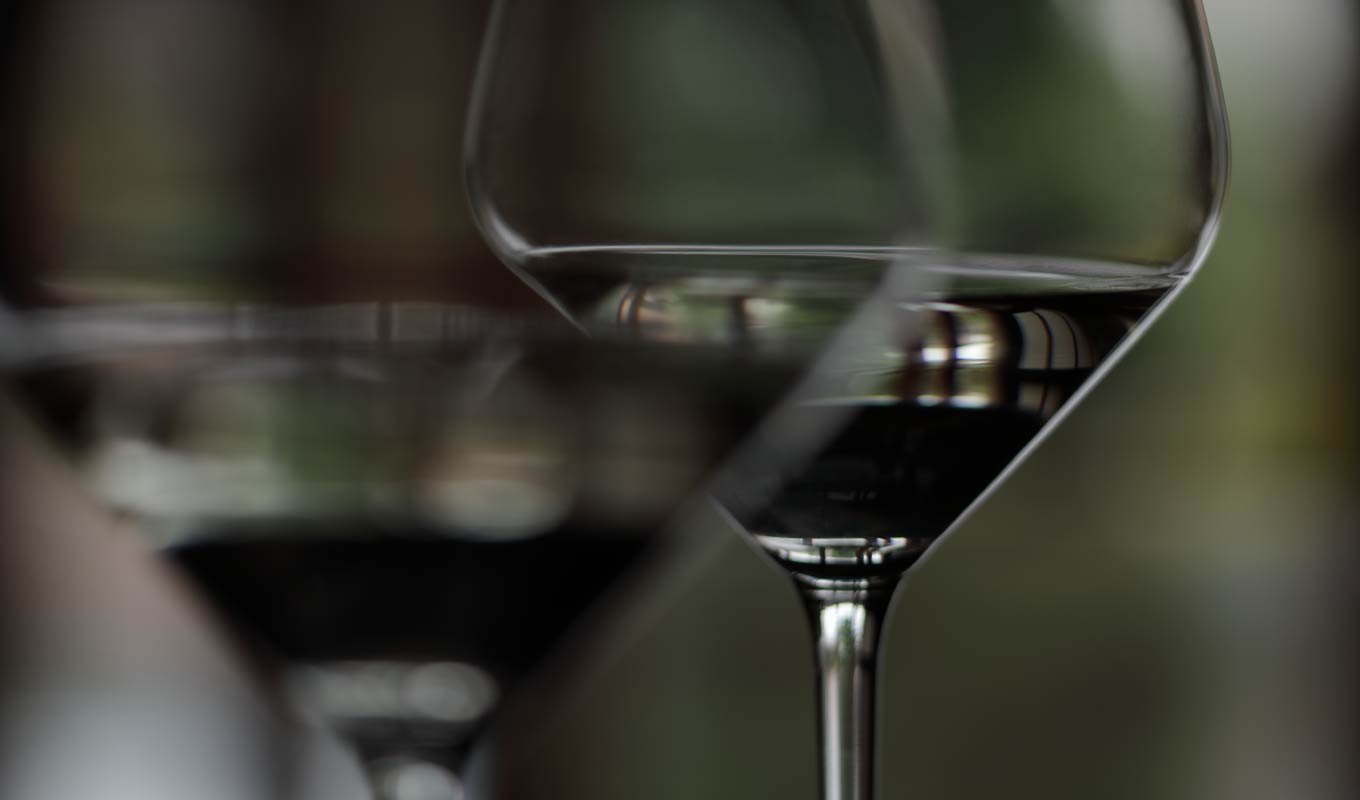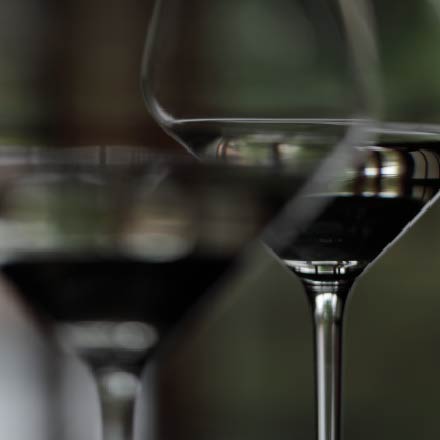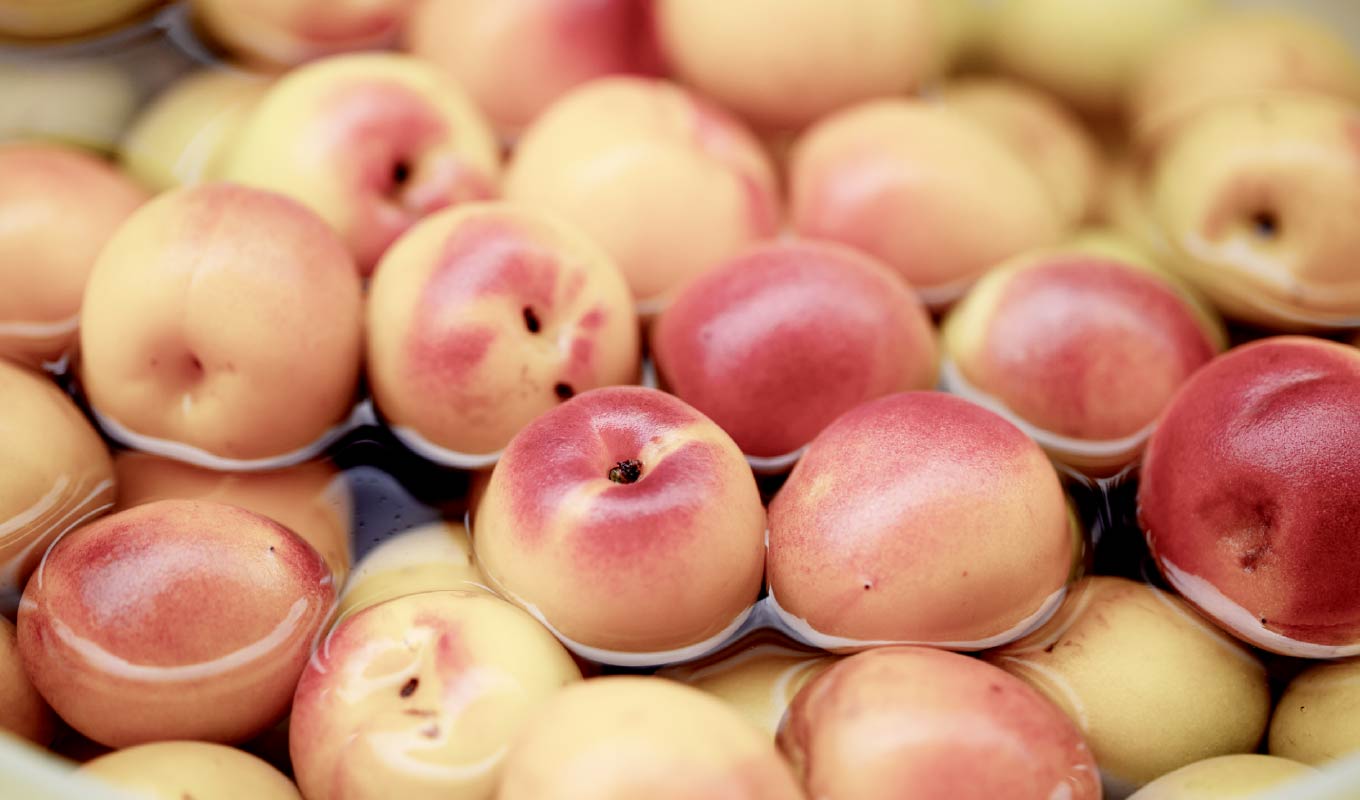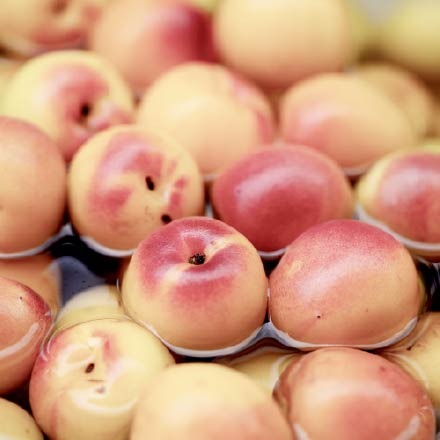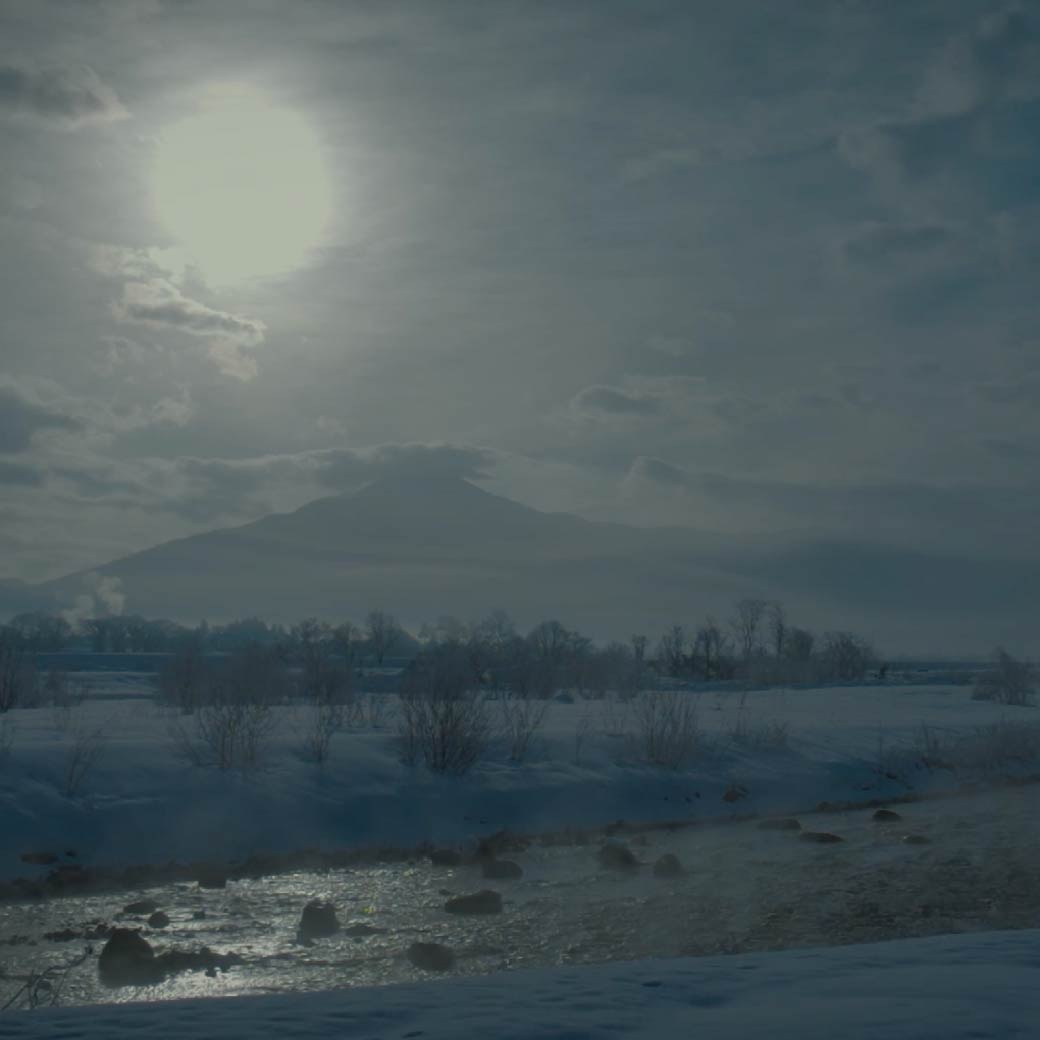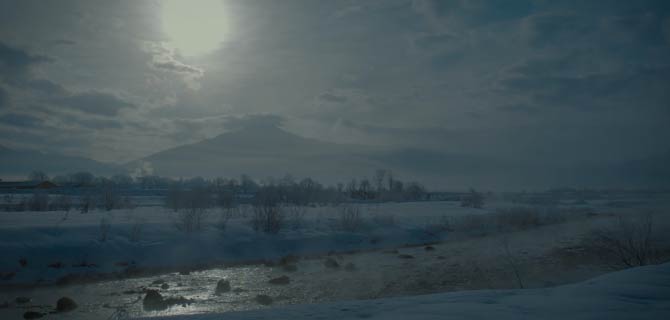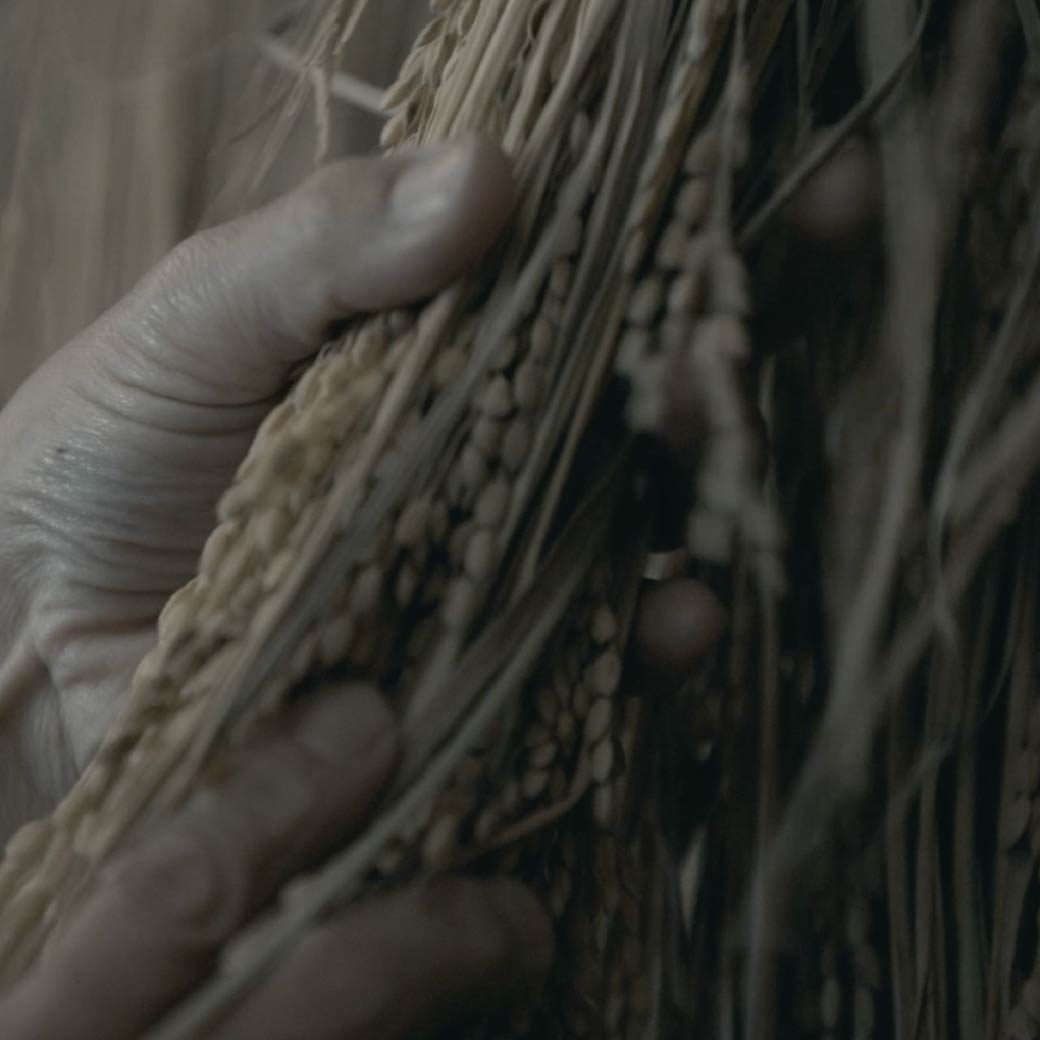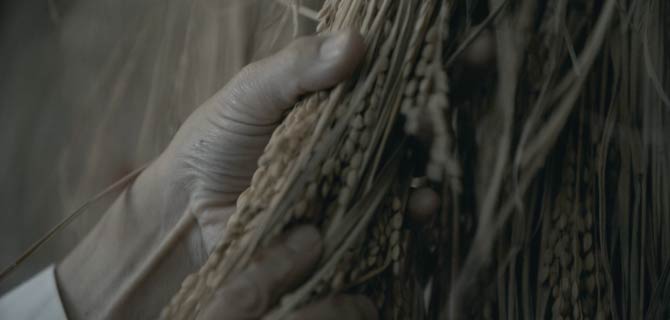Most of “Ippongi Series” products can be purchased on our official online shop, but the language available is only in Japanese, and we can only ship products to addresses in Japan. “Denshin Series” products can’t be purchased from our official online shop.


